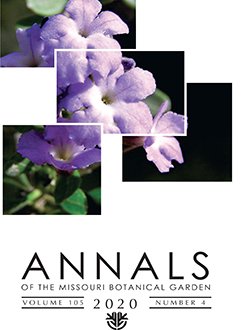Recent molecular systematic studies have significantly improved our understanding of the large, complex, and cosmopolitan plant family Rubiaceae, comprising about 13,000 species. Besides the obvious importance of DNA phylogenetic data, cytological studies have long added important basic information on the circumscription of clades and relationships within the family. In light of recent changes affecting a large number of tribes and genera, the current knowledge on the systematics of Neotropical Rubiaceae is reviewed with a focus on Costa Rica, which harbors an exceptionally rich Rubiaceae flora including most of the genera and biogeographic elements present in the Neotropics. Based on this systematic framework, previously published chromosome counts on Costa Rican taxa are reviewed and 49 new chromosome counts are reported. In total, 110 accessions of 75 species or infraspecific taxa representing 36 genera of Costa Rican Rubiaceae are discussed and supplemented by new counts for extraterritorial taxa when appropriate. Altogether the present study includes the first chromosome counts reported for the tribes Cordiereae and Hillieae, as well as for 10 genera and 27 species, providing new aspects of Rubiaceae systematics.
How to translate text using browser tools
24 November 2020
Neotropical Rubiaceae: Synthesis of Chromosome Data from Costa Rican Taxa, with Insights on the Systematics of the Family
Michael Kiehn,
Andreas Berger
ACCESS THE FULL ARTICLE
Chromosome numbers
karyology
Neotropics
review
Rubiaceae systematics





